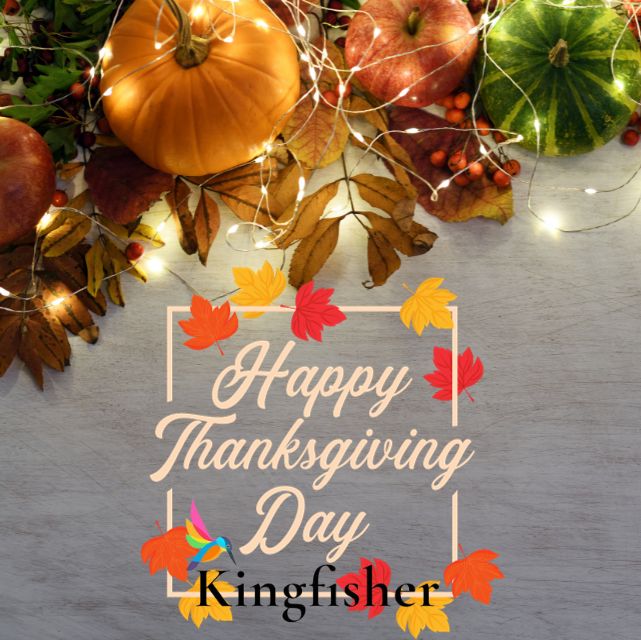AMOS
I can still feel the chill of standing on a bitingly cold November day; an overcast sky looms over the horizon where the sea meets the sky, and salty breeze hits my nostrils. Family lore tells me I was most likely singing a made-up song to myself, but my memory is a mournful refrain–of feeling left out of an American tradition.
Growing up, most Thanksgivings my family would drive to a beach off-season and escape the start of familial obligations linked to the Holiday season. We could eat whatever off the endlessly expansive diner menu, but try as I might, the Turkey Special was always a disappointment. I craved more normative Americana (like wall-to-wall carpeting), as if it could balance the otherness I felt as a queer kid.
I went away to college and began to expand my Thanksgiving experiences–and my palate: deep fried Turkey in Memphis, Friendsgiving’s in New York City and an equally sad, but perhaps more exotic versions in London and Toronto. Throughout this time I also transitioned from cooking my mother’s tried and true recipes to venturing outside of her culinary staples and developed a love for cooking.
In 2021, as I was prepping days in advance for a family meal at my in-laws in Vermont, my husband and I got a sudden call that a baby was being born, who would soon become our daughter. When I laid eyes on her, with a stuffed turkey in her bassinet, I knew Thanksgiving would never be the same.
JOSHUA
I was 17 when I took my first-ever bite of a pumpkin pie. I still remember my fork’s distinct
imprints on its burnt orange filling, the crust’s stubborn resistance against my effort, and the
unexpected and displeasing flavors of cinnamon and star anise.
I found myself at a potluck party hosted by a distant relative I had never met. I had just moved
out of my parent’s Hong Kong apartment to my aunt’s in the US. The memories of the rest of
that night seem distant, as though shrouded by a veil of looming fear of the unknown; unfamiliar faces, in an unfamiliar house, in a land of unfamiliar culture and language. The things I found familiar in that strange environment were my discomfort.
I have always disliked festive formalities as a child. The rituals I had to perform and the
traditions I had to follow felt suffocating. A Thanksgiving party hosted by American-Chinese
relatives would appear no different. But I would soon find comfort in the one thing these
celebrations all have in common: the elaborate spread of delicacies and fine food—they were
the symbols of love and nurture displayed on silver platters—only this time, the taste of home is muddled by a twist of something unexpected. Like the warm embrace of sweet pumpkin and
butter crust, they vowed to shield me from the uneasiness that flavored my experiences of the
new and unfamiliar, like the spices in pumpkin pies.
My disapproval of pumpkin spice was short-lived. With each successive Thanksgiving
celebration and its repeated appearance, my fondness for it deepened. Just as my environment
shifted each Thanksgiving, with the expansions of new friendships and traditions, so did my
initial aversion to pumpkin spice transform into fondness. Thinking back to my very first bite of
pumpkin pie, I am reminded of the tenacity and the malleability that is the human spirit, most
often enhanced by the perfect mix of warmth and discomfort.
AMOS
The contrast between the chill and warmth of holiday traditions in our writing made me think of a shared longing for ‘home.’ From The Wizard of Oz to Lifetime holiday movies we, in America at least, keep up this complicated dance of loyalty to family and independence. Whether a cyclone swirls you away or an unexpected blizzard cancels your flight back to Chicago, we are imprinted to realize that ‘there’s no-place like home.’
As family therapists we regularly observe how charged holidays and traditions are for folks. I am fortunate to have many wonderful memories of the holiday season, that continue to this day but aspirational celebrations mixed with obligatory guilt and fear-of-missing-out eventually lead to an internal storm of trying to please too many people – often through food. I wonder what new traditions my new family will create and which my children will continue to embrace or pull back from.
JOSHUA
The thread of X that weaved through our early experiences of Thanksgiving caught my attention (replacing “X” with words such as discomfort, discontentment, and disappointment sheds new light on this narrative frame). As Amos lamented the lack of a conventional Thanksgiving tradition growing up, I recounted feeling suffocated by traditions from my culture of origin that continued even in a new cultural context. Our queer identities colored these experiences further and exasperated our sense of being “othered”.
But these “dis-” feelings didn’t last forever. Both narratives recorded a process of transformation where the “new” ( i.e. new friends, new recipes, new traditions, new fondness) began to take root and rewrite the old. This piqued my curiosity. What propelled our desires to venture out and explore in the first place? How would our child-selves see what we have built for ourselves? How might they see differently if discomfort, discontentment, or disappointment were never part of the original narratives?
AMOS
Continued evaluation of the most fixed traditions allows for reauthoring. Still, the expansion from discontentment to fondness is cyclical in nature.
JOSHUA
The holidays are reminders of the ever-changing nature of the seasons, a poetic parallel to our ever-evolving journeys to cultivating a sense of home.




